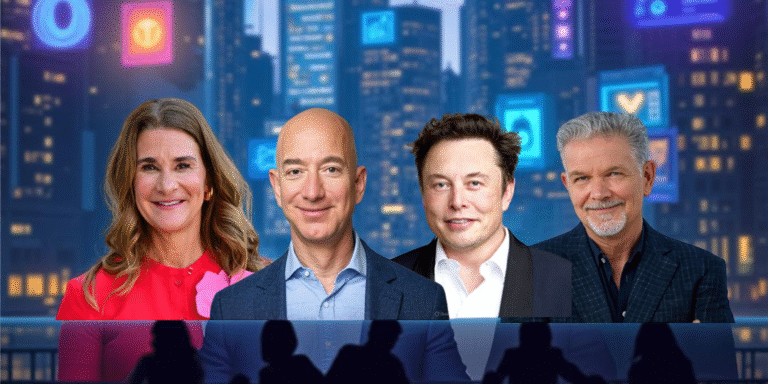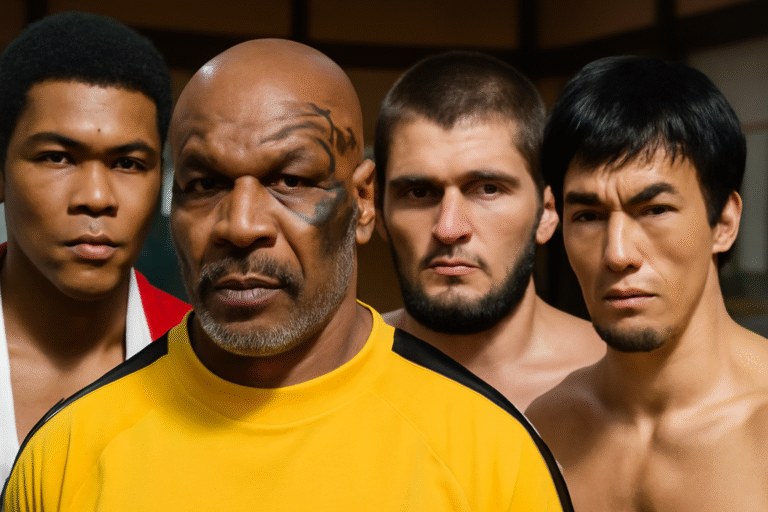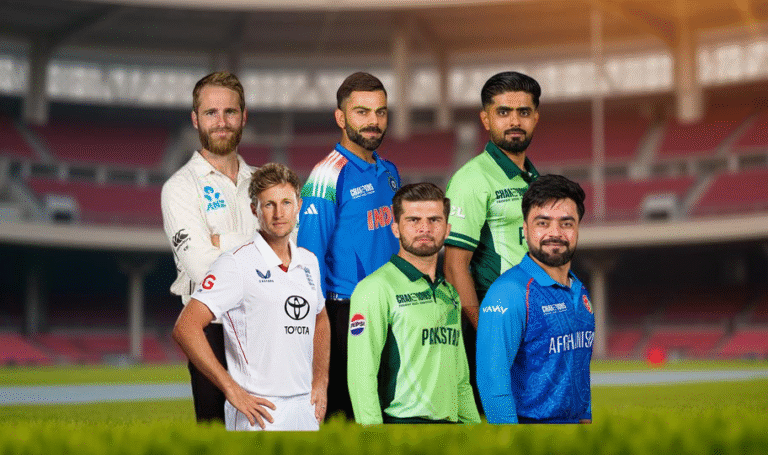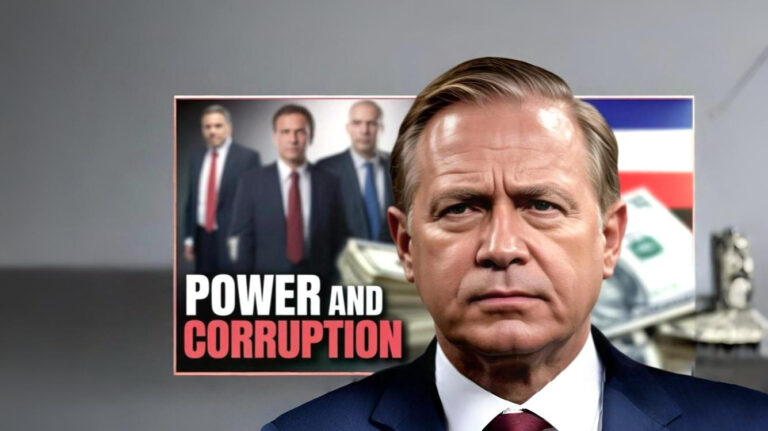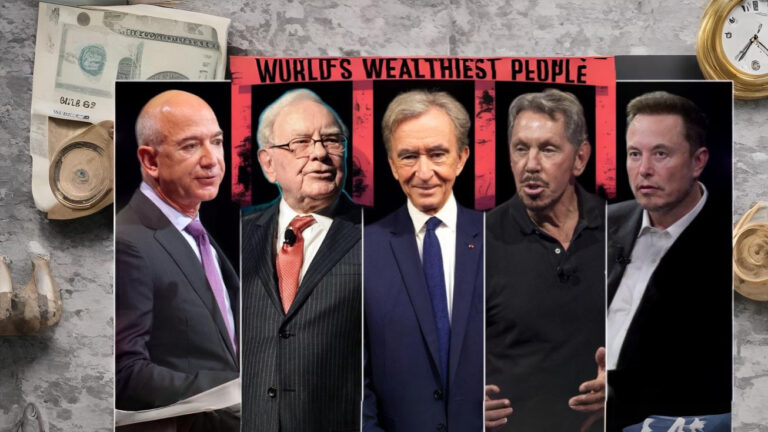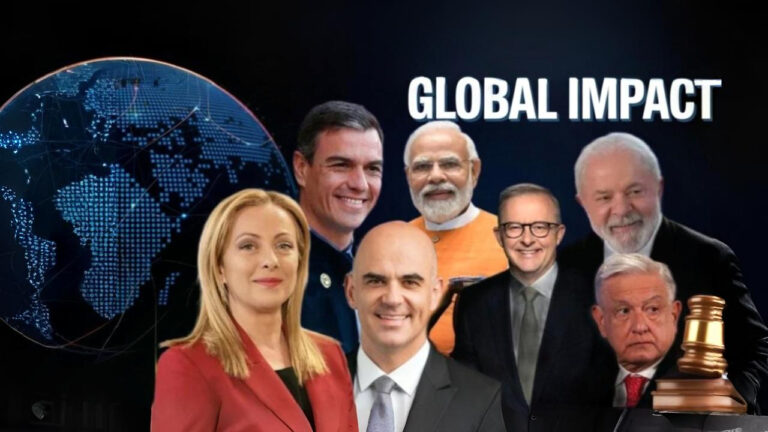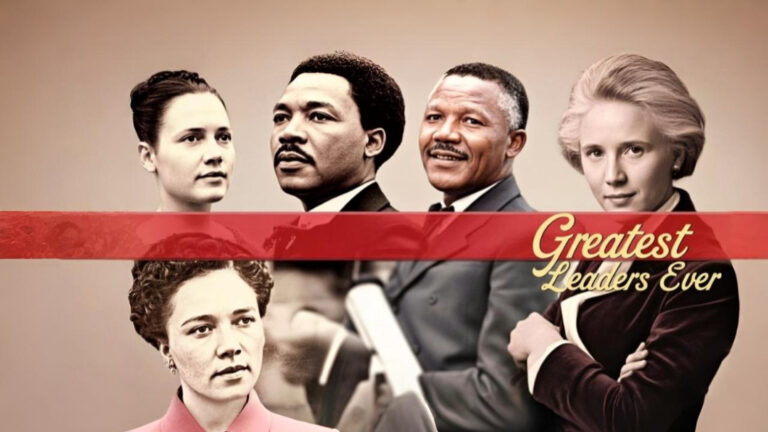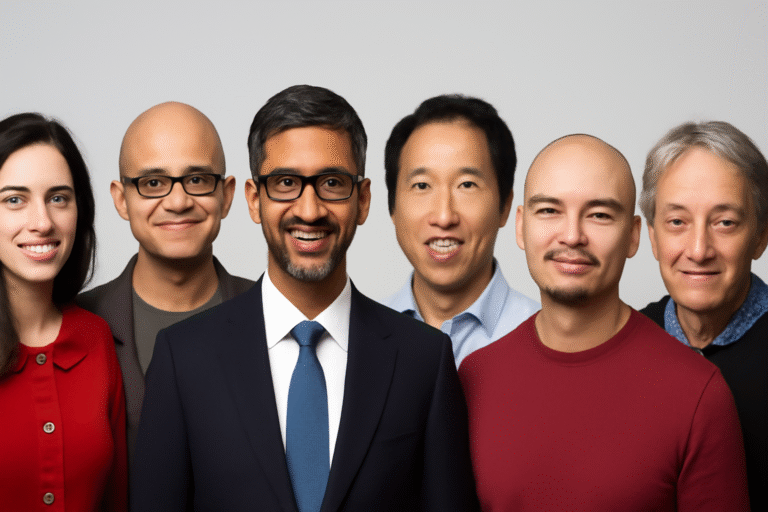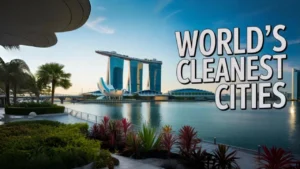Political corruption is the misuse of authority by political leaders or government servants for personal gain. This often involves actions such as bribery, embezzlement, cronyism, and other unethical or criminal behavior. Corrupt political officials typically enrich themselves at the expense of the public, undermining the rule of law and exacerbating socioeconomic inequality. Political corruption has far-reaching effects, including hindering economic growth, discouraging foreign investment, and fostering public distrust in government institutions.
Top Ten Most Corrupt Political Leaders Worldwide
Corruption can permeate various levels of government, but some political leaders have become notorious for their involvement in significant scandals. Based on historical records and their prominent roles in corruption, here are the top ten most corrupt political leaders:
Ferdinand Marcos (Philippines)

From 1965 until 1986, Ferdinand Marcos ruled the Philippines. His presidency was marked by widespread corruption, with accusations of embezzling billions of dollars. Marcos used his position to acquire luxury properties worldwide, and it is believed that he pilfered between $5 and $10 billion. His downfall came after the 1986 “People Power” revolution, leading to his exile in Hawaii.
Sani Abacha (Nigeria)

Sani Abacha governed Nigeria from 1993 until his death in 1998. Known as one of Africa’s most corrupt leaders, Abacha and his associates embezzled between $3 and $5 billion through offshore accounts and fake companies. This corruption severely stunted Nigeria’s economic development, leaving many citizens in poverty. Despite efforts by international organizations to retrieve the stolen funds, much of the money remains unaccounted for.
Mobutu Sese Seko (Zaire, later Democratic Republic of Congo)

Mobutu ruled Zaire from 1965 to 1997, and his leadership was characterized by massive corruption. Mobutu embezzled billions of dollars from the country’s public funds and lived a lavish lifestyle, accumulating luxury cars, yachts, and expensive art. His regime caused widespread poverty and economic collapse, leaving the country in shambles.
Alberto Fujimori (Peru)

As president of Peru from 1990 to 2000, Alberto Fujimori was involved in numerous corruption scandals, including bribery, embezzlement, and misuse of public funds. His intelligence service operated a large network of corruption, and after fleeing to Japan in 2000, he was extradited to Peru and sentenced to prison for his role in corruption and human rights abuses.
Suharto (Indonesia)

Suharto served as Indonesia’s president for 31 years, from 1967 to 1998. Under his leadership, corruption was rampant, with Suharto and his family amassing billions of dollars. The regime fostered cronyism through military contracts and state-owned businesses, and investigations after his resignation revealed extensive embezzlement and abuse of office.
Viktor Yanukovych (Ukraine)

Viktor Yanukovych ruled Ukraine from 2010 to 2014. His leadership was marked by corruption, particularly concerning his wealth and ties with oligarchs. His extravagant lifestyle, including a lavish mansion, sparked outrage among Ukrainians, leading to the 2014 “Euromaidan” protests. Yanukovych ultimately fled to Russia in the wake of the protests.
Nawaz Sharif (Pakistan)

Corruption within the political sphere remains a global issue, affecting numerous countries and undermining public trust. Nawaz Sharif, the former Prime Minister of Pakistan, stands as one of the prominent political figures who have been embroiled in corruption scandals over the years. Accused of embezzlement, money laundering, and the misuse of public office for personal gain, Sharif’s political career has been marred by legal battles and accusations of corruption.
Jean-Claude Duvalier (Haiti)

Jean-Claude “Baby Doc” Duvalier ruled Haiti from 1971 to 1986. He and his family were notorious for their corrupt activities, with Duvalier allegedly stealing over $300 million from the state. His regime was marked by human rights abuses, poverty, and the creation of a corrupt system that prioritized personal wealth. After being overthrown, Duvalier lived in exile until returning to Haiti in 2011, where he was accused of theft.
Hosni Mubarak (Egypt)

Hosni Mubarak ruled Egypt for nearly 30 years, from 1981 to 2011. His government was notorious for corruption, cronyism, and the brutal suppression of dissidents. Mubarak and his family accumulated vast wealth through kickbacks, bribes, and the misuse of government funds. Public dissatisfaction with his rule culminated in the 2011 Egyptian revolution, leading to his fall from power and imprisonment.
Nursultan Nazarbayev (Kazakhstan)

Nursultan Nazarbayev presided over Kazakhstan from 1991 to 2019. His regime was deeply corrupt, with state assets sold off at discounted prices and profits diverted into the pockets of his family and close associates. While the nation’s natural resources, particularly oil, generated significant wealth, the majority of the population remained in poverty.
Corrupt Political Leaders of the Past
Political corruption has a long and varied history. Throughout time, many leaders have exploited their power for personal gain, often with disastrous consequences for their nations. Notable examples include King Louis XVI of France, whose ineptitude and corruption played a significant role in sparking the French Revolution, and Nero of ancient Rome, known for his excessive spending and cruelty.
The Effect of Dishonest Leaders on World Affairs
Political corruption has profound effects on a nation’s economy, society, and global standing:
Economic Impact
Corruption often redirects public resources into the hands of a small elite, depriving essential sectors like infrastructure, education, and healthcare of necessary funding.
Weakening of Institutions
Corrupt leaders undermine the rule of law, leading to inefficiency, inadequate public services, and a lack of accountability.
Social Unrest
The unequal distribution of wealth and resources can breed discontent, leading to protests, demonstrations, and even revolutions.
International Relations
Corruption can tarnish a nation’s reputation, making it difficult to form alliances, attract foreign investment, or participate effectively in global trade.
Final Thoughts
Political corruption remains a significant global issue, undermining democratic institutions and stalling social and economic progress. The leaders mentioned above serve as cautionary tales of how unchecked power can be exploited for personal gain. While some have faced justice, others continue to serve as stark reminders of the damage corruption can inflict. As citizens, it is essential to demand transparency, accountability, and integrity from our leaders. Only by holding political leaders accountable can we build a more equitable and prosperous society.
People Also Ask – FAQ
Who are the top ten most corrupt political leaders in the world?
The top ten corrupt leaders are Ferdinand Marcos, Sani Abacha, Mobutu Sese Seko, Alberto Fujimori, Suharto, Viktor Yanukovych, Benazir Bhutto, Jean-Claude Duvalier, Hosni Mubarak, and Nursultan Nazarbayev.
Why do political leaders become corrupt?
Political leaders become corrupt due to the abuse of power for personal gain, driven by greed, lack of accountability, weak institutions, and the ability to manipulate the system.
What are the effects of political corruption?
Political corruption weakens government institutions, creates economic instability, fosters social unrest, and damages international relations, ultimately stunting growth and fostering inequality.
Are corrupt political leaders punished for their actions?
Many corrupt leaders face legal consequences, including imprisonment or exile, although some escape justice due to political connections or support from allies.
How can nations fight political corruption?
Fighting corruption requires strengthening institutions, enforcing anti-corruption laws, improving transparency, and holding leaders accountable. Civil society organizations and a free press play a crucial role in exposing corruption.
In conclusion, while political corruption remains a pervasive issue, increased awareness and action can help reduce its impact. By holding political leaders accountable and demanding transparency, we can strive to create a more just and equitable political system worldwide.

